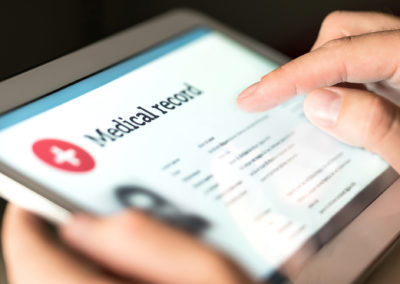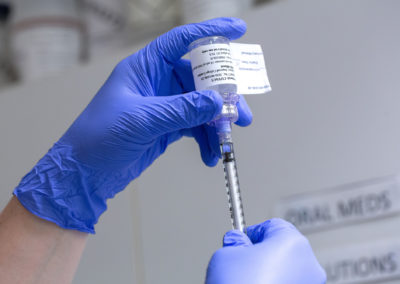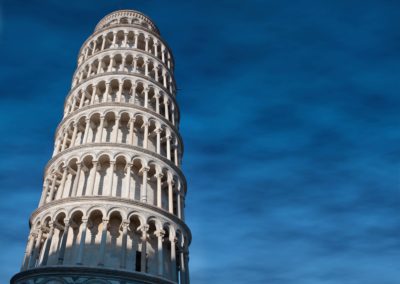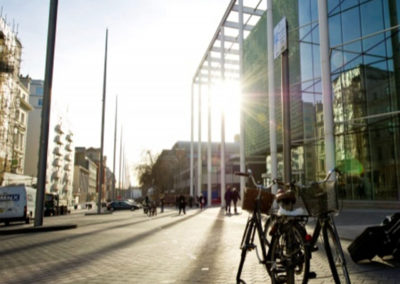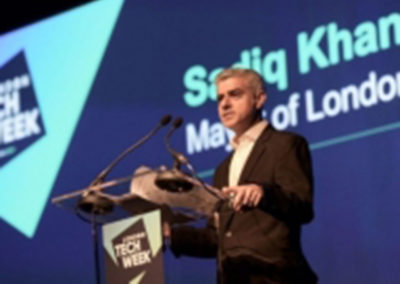Imperial College London’s multi-disciplinary expertise across medicine, design, engineering and computing has enabled ICON to assist start-ups and major firms in developing pioneering medical devices from concept to marketing approval.
Our consultants actively research the latest technologies and processes in areas from imaging, IVDs and orthopaedics to robotic surgery, neurotechnology and energy emitting devices. They are experienced and dedicated to contributing their world class capabilities to teams developing the latest innovations to revolutionise the medical sector.
Imperial has extensive expertise that can support you with your medical devices whether you are developing cutting-edge technology such as robotics or sensors or needing essential health technology assessment required to reach the market. Imperial also has clinical expertise in neuroscience and mental health.
We have helped clients solve a range of problems:
MEDICAL DEVICE DESIGN AND HEALTH TECHNOLOGY ASSESSMENT (HTA)
Collaborating closely with the NIHR London DEC, we offer advice on medical or diagnostic device design, device prototyping and testing stakeholder analysis, clinical needs assessment, patient pathway, usability assessment, validation of clinical effectiveness, cost-effectiveness analysis, developing value propositions, payer reimbursement, economic modelling and pre-clinical/clinical trial design.
SENSORS IN MEDICAL DEVICES
Bioelectrical, biophysical, mechanical, chemical sensor and biosensor development for biomedical applications, biomimic sensors, wearable/implantable sensors, wireless communication, sensor design, and energy storage technologies, low power circuits for data processing and wireless transmission, real-time signal processing and data analysis, advice on the emerging standards for surgical sensors and implants.
ROBOTICS
Assistive and rehabilitation robotics, surgical robotics, micro-nano robots, 3D printing for micro/nano scale components, perception and cognitive robotics, brain-machine-interfaces and interaction, computer assisted surgery, procedure and systems modelling and simulation in medicine and surgery.
Whether you need help with rehabilitation robots or biomimic sensors, we can find the right people to help you solve a problem flexibly and responsively.
Advisory services
Product design, research methods, data analysis, technology evaluation for investment, technological innovation, patent evaluation, prototype and protocol development, policy, cyber security and more. Assisting museums, writers, film makers and artists to ensure creations scientifically sound.
Expert insight
Membership of Scientific Advisory Boards and Technical Panels, advice and guidance on drug development programmes, thought leadership, conference speakers, literature reviews and provision of foresight.
Analysis and testing
Use of the world-class specialist facilities and technicians at Imperial for projects ranging from aerodynamic measurements and medical imaging to structural testing and analysis.
Our consultants are world-leading experts in their field, committed to on-going research.
Who to contact:

Vibhor Jajoo
Engagement Manager
For Chemical Engineering, Earth Sciences, Bio-Engineering, Bio-Tech and Medical Devices.

